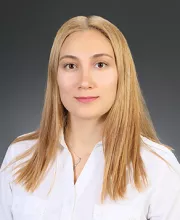 Prof. Dr. Gökçe Nur Yılmaz | Working Areas: Computer Vision, Machine Learning, Artificial Intelligence, Video Adaptation, Video Processing General Information: In this study, an original adaptation decision-making technique and an innovative 3D video adaptation model that works in harmony with the spatial resolution-related and measured depth cues based on deep learning models will be developed, which keeps the depth perception at the optimum level and uses the transmission channel in the most efficient way under the constraints of bandwidth, viewer device screen size and different ambient lighting conditions. 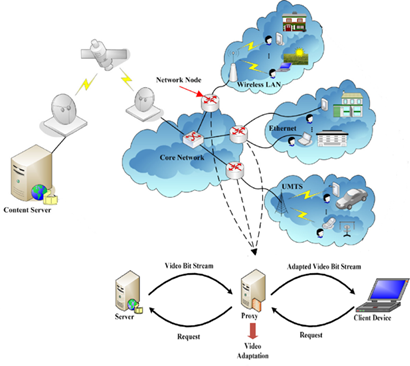 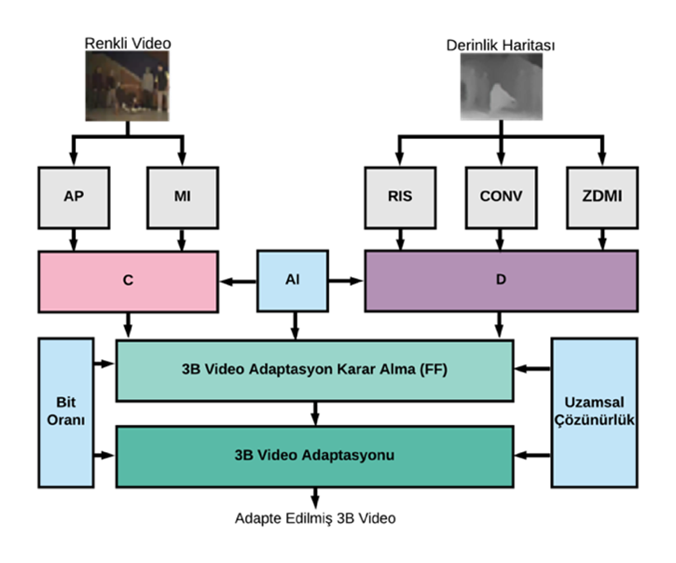
Related Courses: Computer Vision (CS 566) | TUBITAK Project:- Subject: A 3D Video Adaptation Model that Provides High Depth Perception Satisfaction and Efficient Transmission Channel Usage Based on Ambient Lighting, Spatial Resolution and Depth Cues
- Role: Executive
- Cooperation Institutions: METU
- Students: Arda Gök (undergraduate), Mehmet Doğukan Hiçyılmaz (undergraduate), Yamaç Tan (master's, graduate)
- Status: Ongoing
|
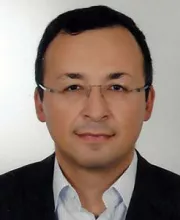 Prof. Dr. Tolga Kurtuluş Çapın | Research Areas: Computer Graphics, Human Computer Interaction, Virtual Reality, Computer Vision, Image Processing 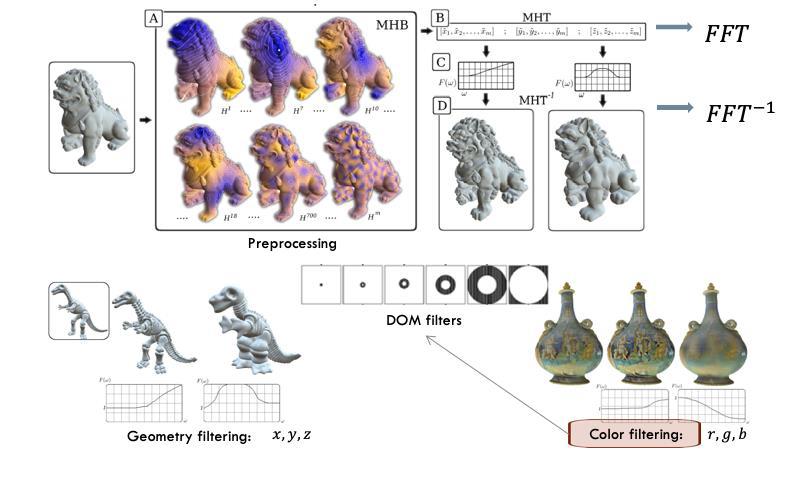 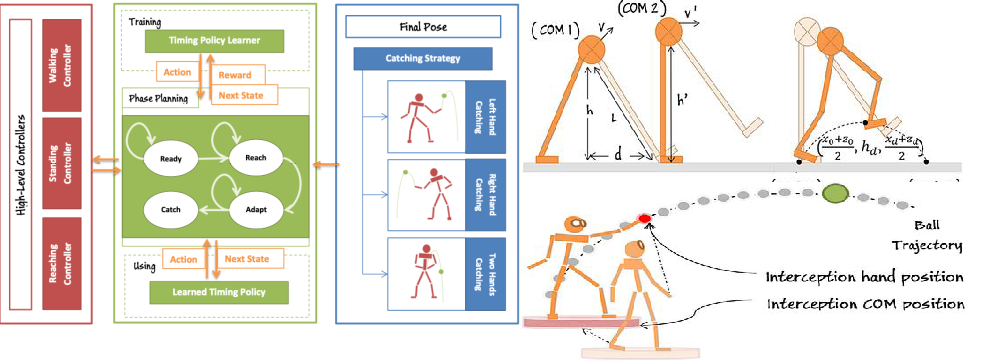 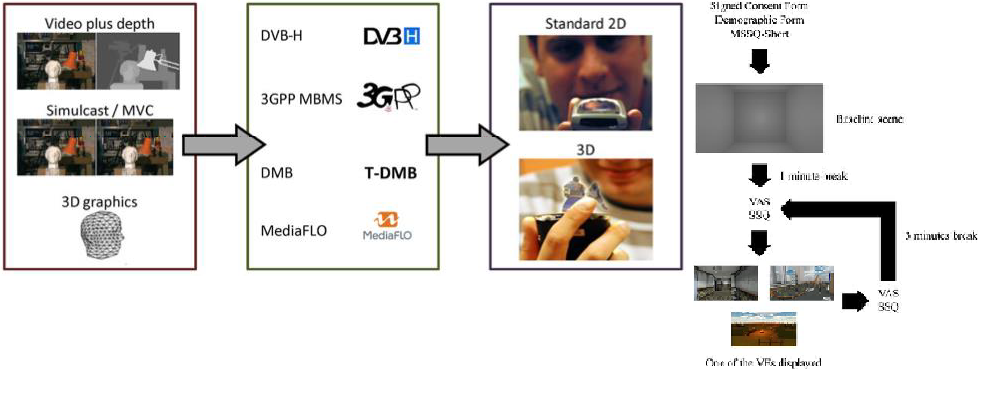
| |
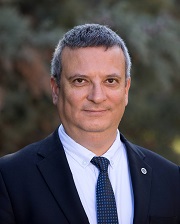 Prof. Dr. Hakkı Gökhan İlk | Research Areas: Signal Processing, Digital Speech Processing, Deep Neural Networks, Voice Cloning, Deepfake Generation and Detection, Identity Verification, Speech Synthesis, Machine Learning, Large Language Models, Embedded Hardware, Embedded Software, Embedded Systems General Info: As a researcher specialized in the field, their work primarily focuses on signal processing and speech processing, with an emphasis on speech and audio technologies such as deep neural networks, voice cloning, deepfake generation and detection, identity verification, speech synthesis, and automatic speech recognition. Additionally, they work on core learning algorithms including machine learning and support vector machines, as well as approaches involving large language models (LLMs) and retrieval-augmented generation (RAG), with a particular focus on quantization and distillation techniques. They are also involved in applied projects related to embedded hardware, embedded software, and embedded systems. 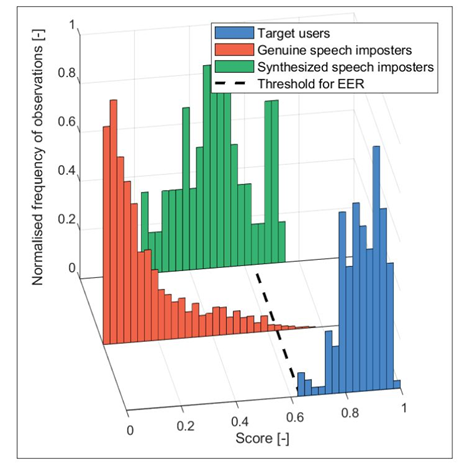
| |
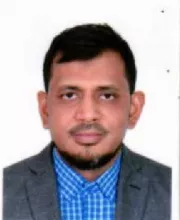 Prof. Dr. Saiful Islam | Research Areas: Machine Learning for Healthcare, Information Security and Biometrics General Info: Heartprint signal is biometric modality which can be captured noninvasively using existing sensors. We investigate the acceptable methods of capturing heartprint signal with noninvasive and remote sensors, and possible machine learning techniques for secured biometric recognition. Possible applications on this modality in various domains include continuous biometric authentication, secured identity management, digital signature verification, liveness detection in multimodal biometrics, cryptographic key generation, and identity monitoring. This emerging biometric modality can play an important role in the digital identity management and information security in the era of generative machine learning. 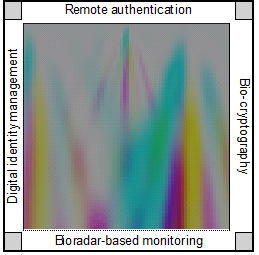
| |
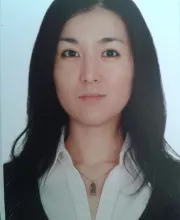 Asst. Prof. Venera Adanova | Research Areas: Image Processing, Computer Vision, Machine Learning, Symmetry Analysis and Classification of Repetitive Patterns General Info: The main interest lies in the studies of different aspects of repetitive patterns: automatic classification, capturing style in patterns, transferring style between patterns, symmetry breaking, metamorphosis 
 Related Courses: Introduction to Machine Learning (CMPE 442), Machine Learning (CS 542) Students: Yaşar Anıl Sansak (MSc, alumni), Mert Kaya (MSc) | IRF Project:- Topic: Automatic Stuttering Detection and Identification
- Role: Executive
- Researcher: Aslı Gençtav
- Status: Completed
|
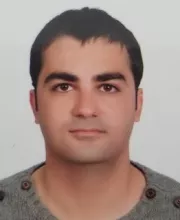 Dr. Fırat Akba | Research Areas: Sentiment Analysis, Natural Language Processing, Information Retrieval Systems, Statistics, Data Mining, Deep and Machine Learning (Artificial Intelligence) General Info: His research area is based on natural language processing and sentiment analysis methods. The studies mainly focus on developing efficient algorithms for interpreting textual data mostly from real users. The aim is to develop new methods and perform various analyses to interpret this data. In academic studies, popular statistical regression, deep artificial intelligence, and data mining algorithms have been examined and used to create new analysis models. These technologies constitute the most important components of today's popular chatbot technologies, such as ChatGPT, Gemini, DeepSeek, and others. 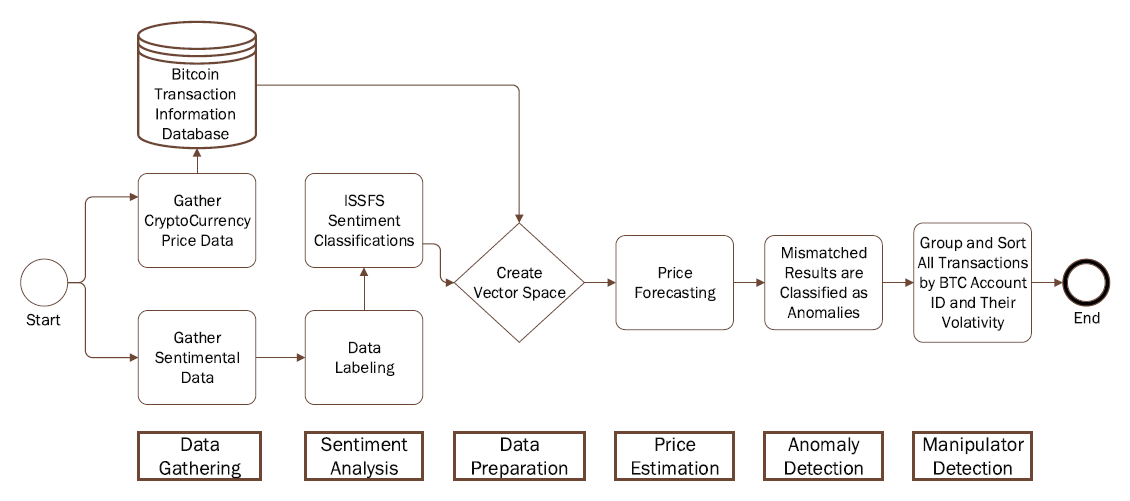 Related Courses: Information Access
| |
 Dr. Eren Ulu | Research Areas: Artificial Intelligence, Deep Reinforcement Learning, Natural Language Processing General Info: Eren Ulu's research centers on Deep Reinforcement Learning (DRL), aiming to create algorithms that help autonomous agents learn complex decision-making tasks from their environment. His work spans various fields like robotics, gaming, and autonomous systems, investigating both the theory and practical applications of DRL to tackle real-world problems. Additionally, he explores the synergy between DRL and Natural Language Processing (NLP), seeking novel ways to train autonomous agents to understand and produce human language. 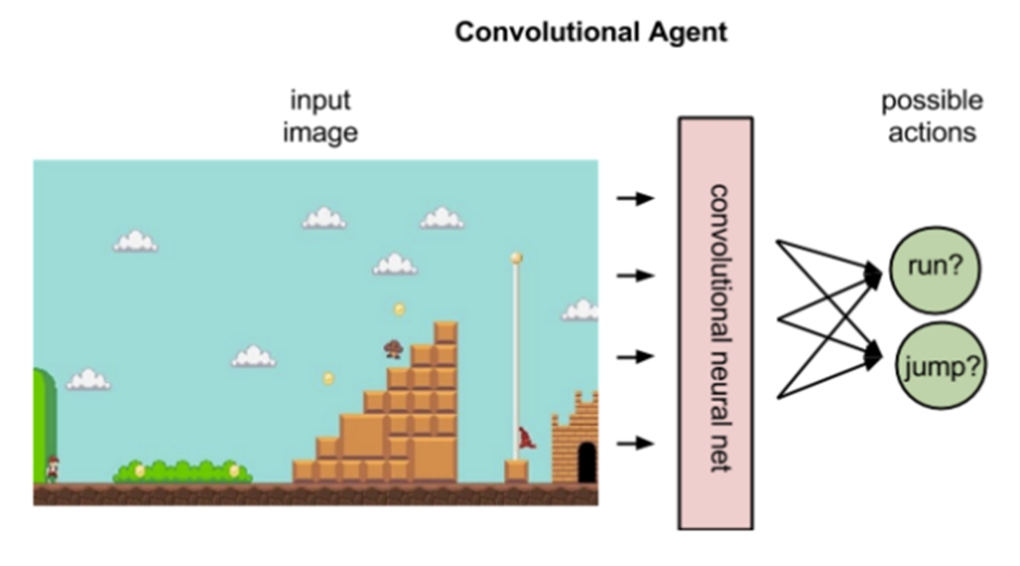 
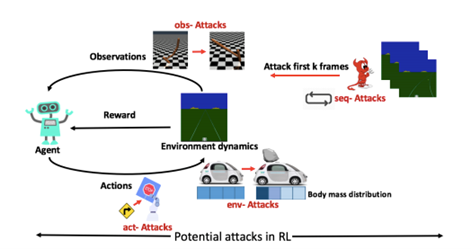 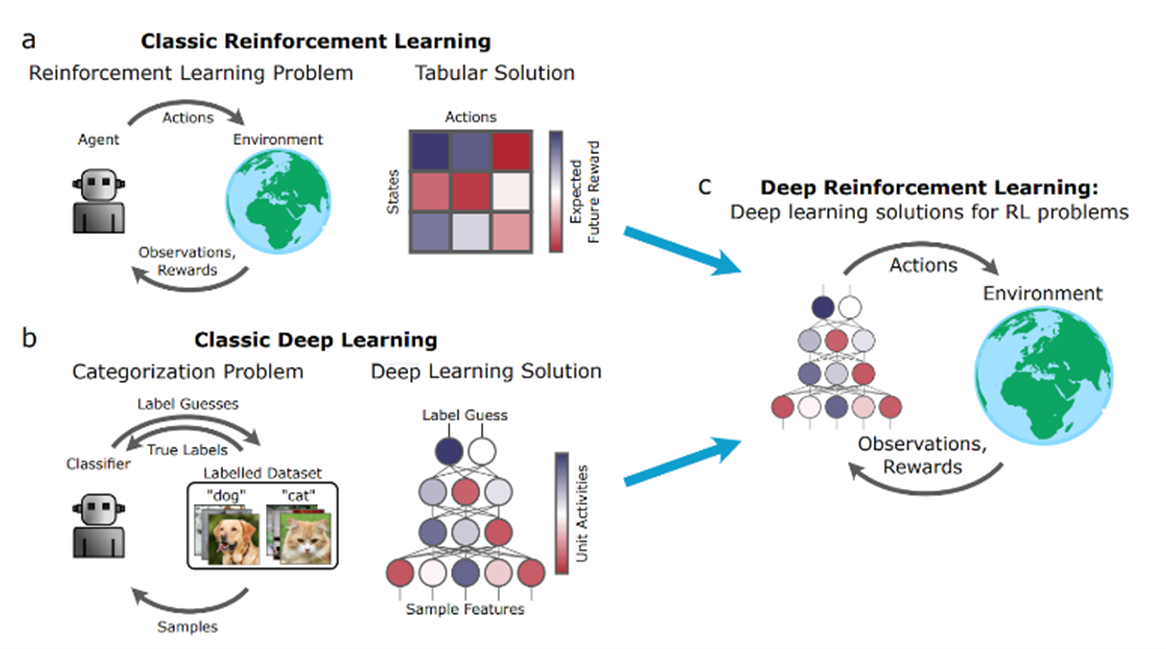 | |




















